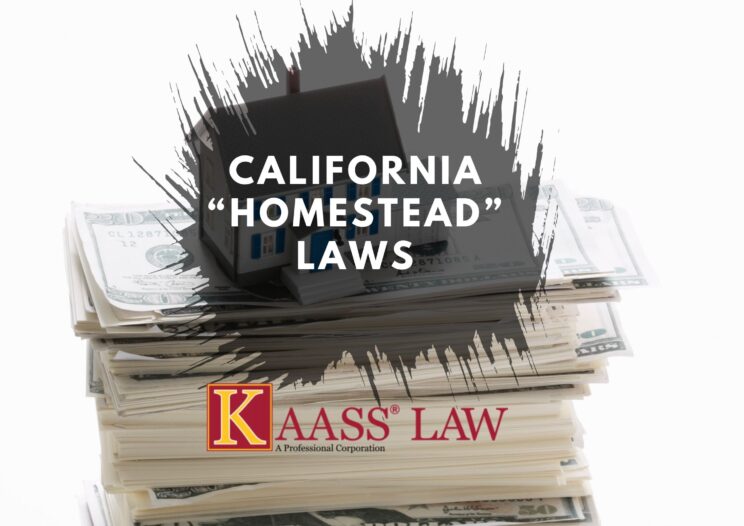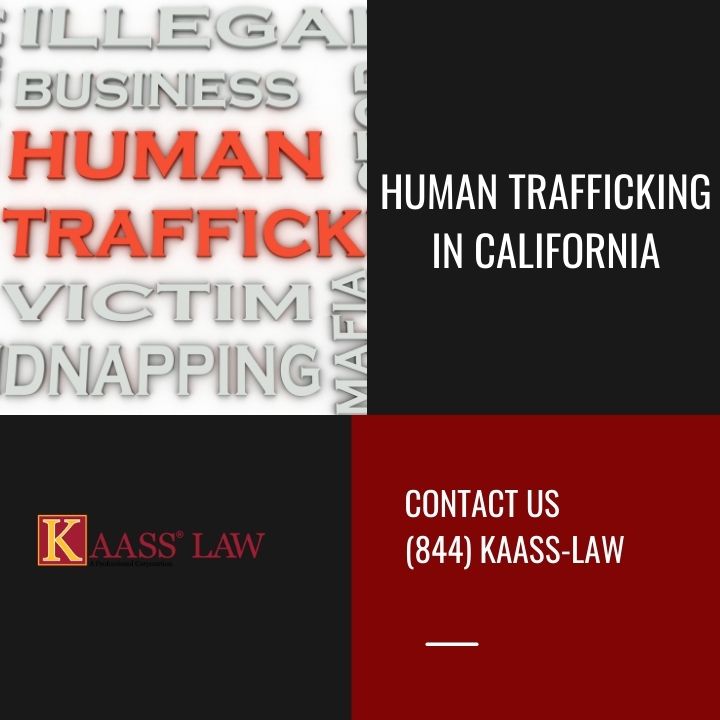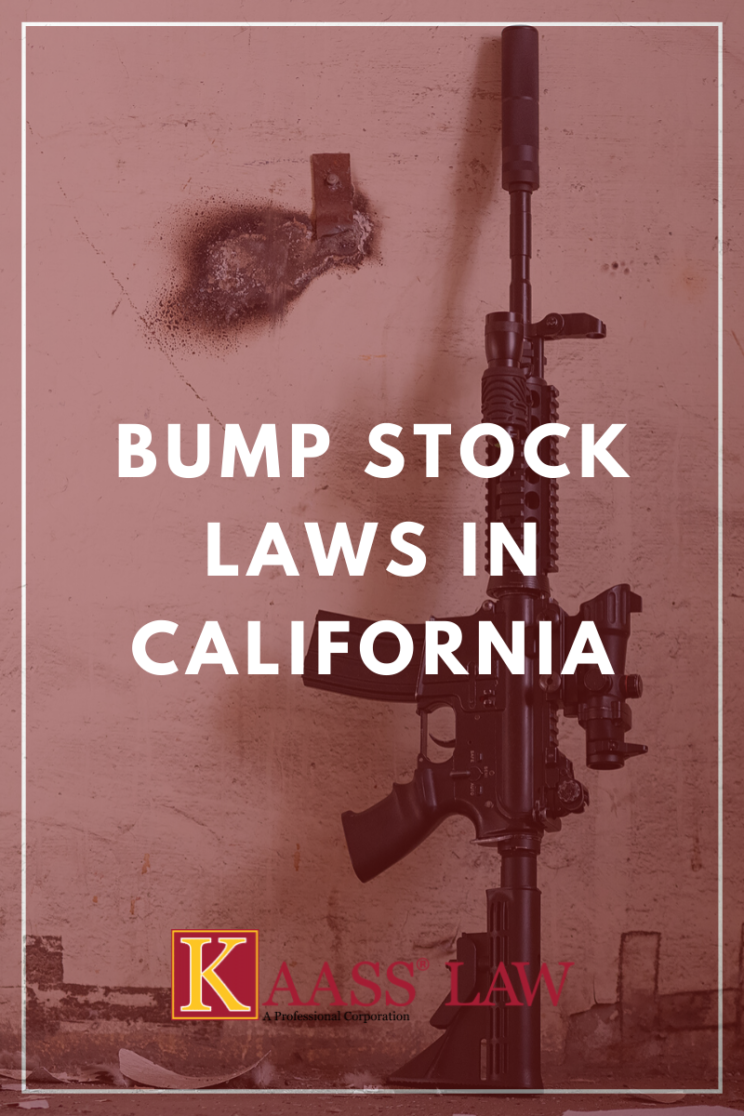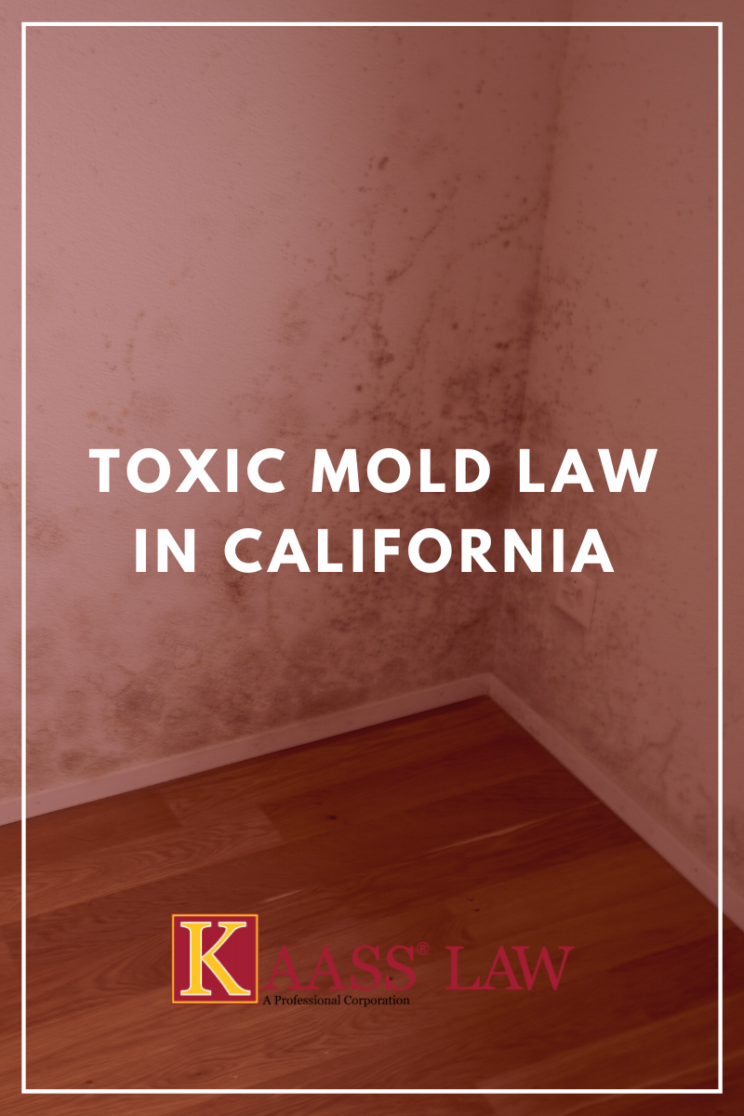Closing on a house is the final step before the house legally becomes the buyer’s. The process involves the buyer signing off on the deal…
Residential property sellers in California must give disclosures under Section 1102 of the California Civil Code. In writing, they describe the property they’ve listed for…
What Is a “Homestead” Protection? Homestead laws protect people from foreclosure or seizure of their homes during times of personal economic hardship. These protections vary…
According to California Penal Code Section 236.1, the crime of human trafficking is depriving another person of his personal liberty with the specific intent to…
What is The Tenants’ Right to Repairs? In California, tenants have the right to live in a habitable environment. This requires the landlord to make…
Can a California Felon Be in Possession of a Firearm? California statute Penal Code 29800 makes it a felony offense for a convicted felon, or…
What is CLETS? California Law Enforcement Telecommunications System Law enforcement and criminal justice agencies use CLETS, a computer network, to access a person’s criminal history,…
What Are the Bump Stock Laws in California? A bump stock is a modification to a firearm that manipulates the stock, trigger and grip on…
What Are the Polygraph Laws in California? A polygraph test, also known as a lie detector test, lets the defendant undergo questioning and examination to…
What Is Toxic Mold and How Do I Know My Property Has It? Toxic mold is a harmful fungus growing in homes, causing significant damage…










